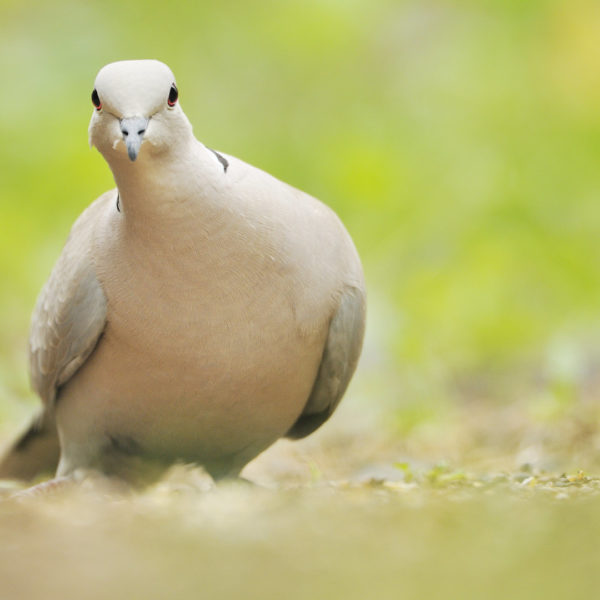Key Facts
- Length: 31-33cm
- Wingspan: 51cm
- Weight: 200g
- Average Lifespan: 3 years
Collared doves are small, common pigeons found in farmland, woodland, parks and gardens across the country.
Since breeding in the UK was first recorded in the 1950s numbers have increased and the collared dove is now one of the top ten garden visitors in the UK. Collared doves feed on seeds and grain on the ground and are usually seen singularly or in pairs but small flocks may form where there is enough food.
How to Identify
Collared doves are buff-coloured with darker grey wingtips, a black half-collar and paler patches at the shoulders and at the end of the tail. Less colourful than the turtle dove, it also sounds different: turtle doves have a purring ‘turrr turrr turr’ song, compared to the familiar ‘hoo hoooo-hoo’ of the collared ove.
Where to Find
Found everywhere.
How People Can Help
During the mid-20th century collared doves expanded their range from Asia and the Middle East into Europe, becoming one of our commonest garden birds. Their smaller size and gentler nature make them welcome visitors to most gardens and they’ll benefit from food and water put out for other, less common, garden bird species. To find out more about encouraging wildlife into your garden, visit our Wild About Gardens website: a joint initiative with the RHS, there’s plenty of facts and tips to get you started.
Did you know?
The collared dove is one of the great colonisers of the bird world, having spread west from Asia it has even reached America.
Similar Species
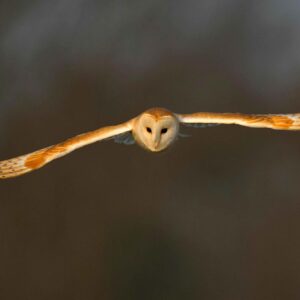
Barn Owl
- Birds
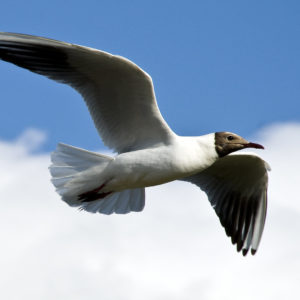
Black-Headed Gull
- Birds
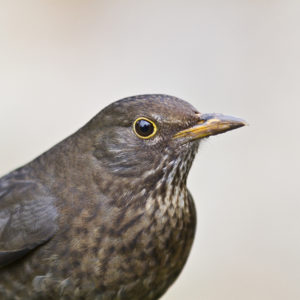
Blackbird
- Birds
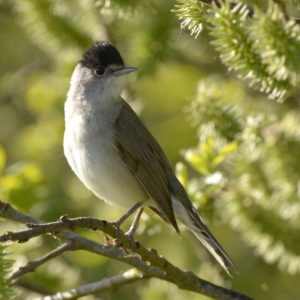
Blackcap
- Birds
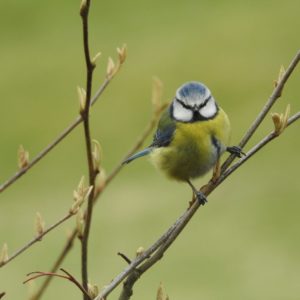
Blue Tit
- Birds
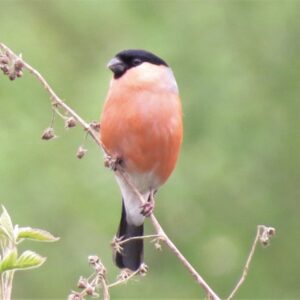
Bullfinch
- Birds
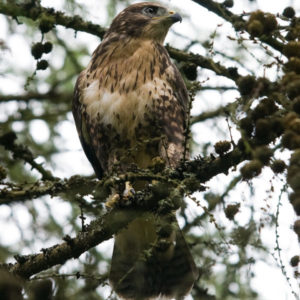
Buzzard
- Birds
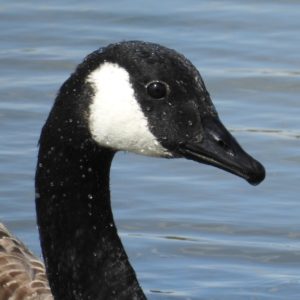
Canada Goose
- Birds
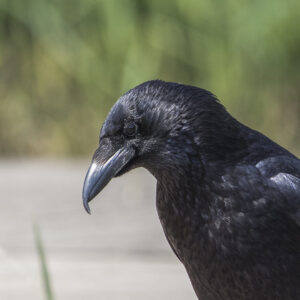
Carrion Crow
- Birds
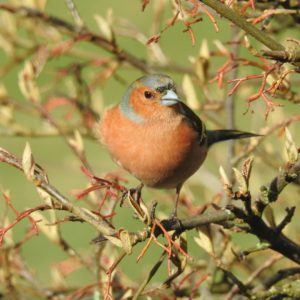
Chaffinch
- Birds
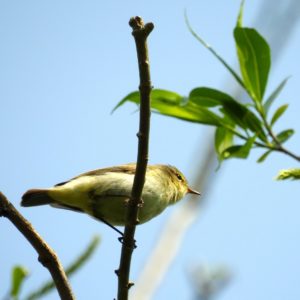
Chiffchaff
- Birds
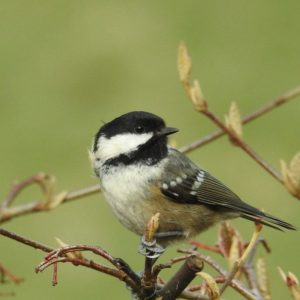
Coal Tit
- Birds
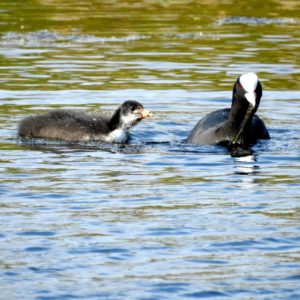
Coot
- Birds
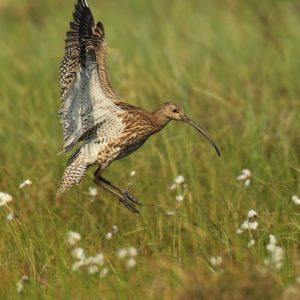
Curlew
- Birds
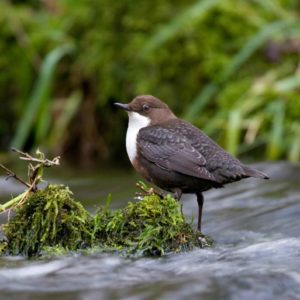
Dipper
- Birds
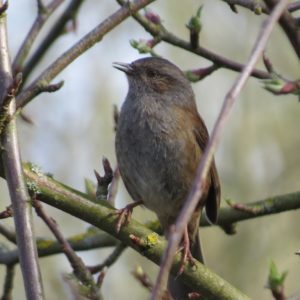
Dunnock
- Birds
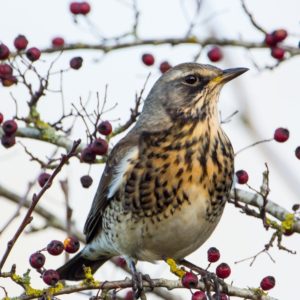
Fieldfare
- Birds
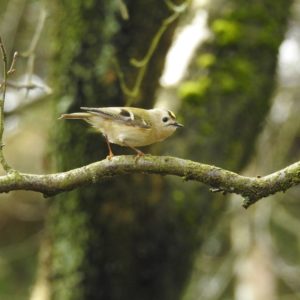
Goldcrest
- Birds
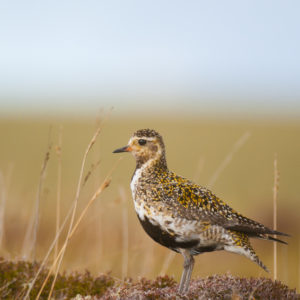
Golden Plover
- Birds
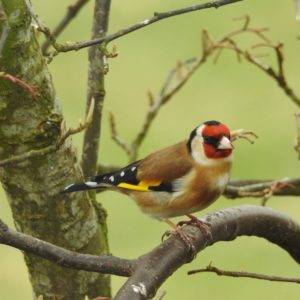
Goldfinch
- Birds
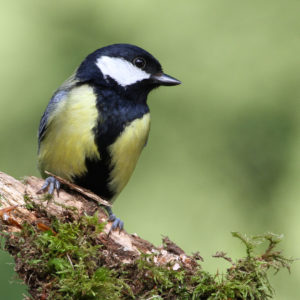
Great Tit
- Birds
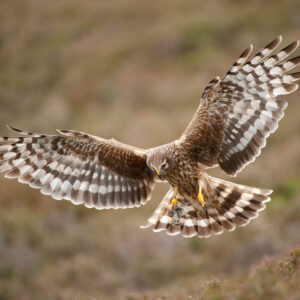
Hen Harrier
- Birds
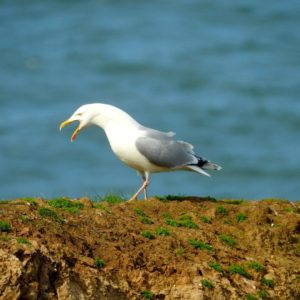
Herring Gull
- Birds
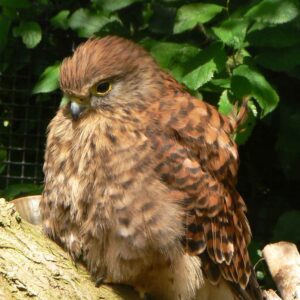
Kestrel
- Birds
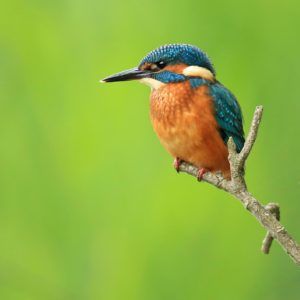
Kingfisher
- Birds
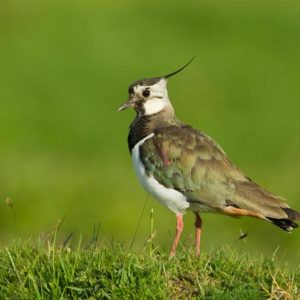
Lapwing
- Birds
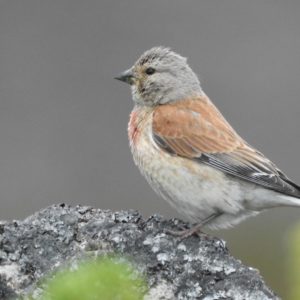
Linnet
- Birds
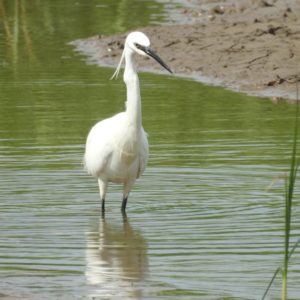
Little Egret
- Birds
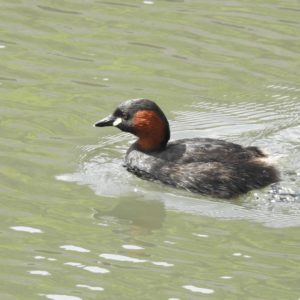
Little Grebe
- Birds
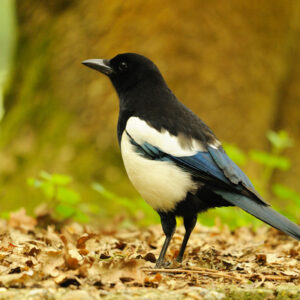
Long-Tailed Tit
- Birds

Magpie
- Birds
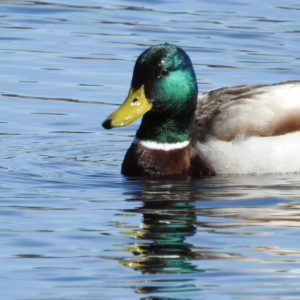
Mallard
- Birds
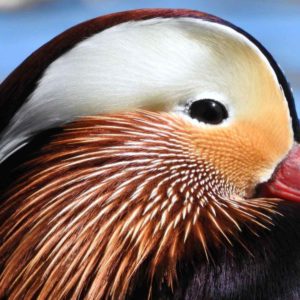
Mandarin Duck
- Birds
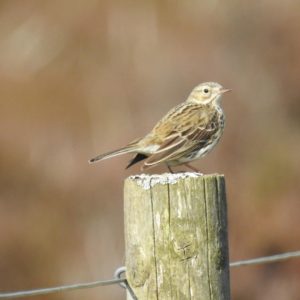
Meadow Pipit
- Birds
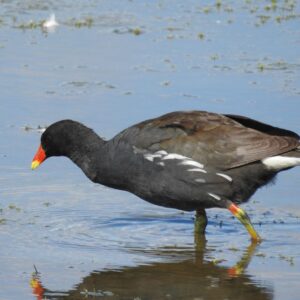
Moorhen
- Birds
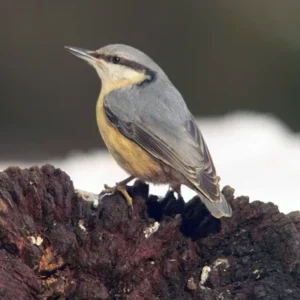
Nuthatch
- Birds
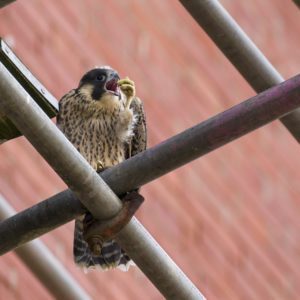
Peregrine falcon
- Birds
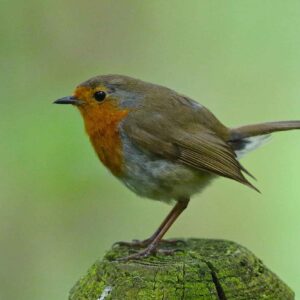
Robin
- Birds
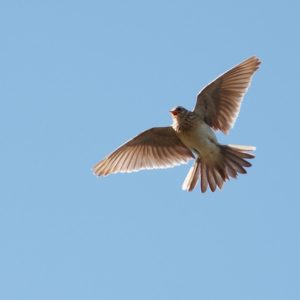
Skylark
- Birds
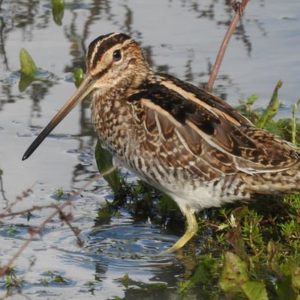
Snipe
- Birds
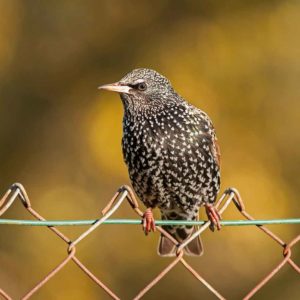
Starling
- Birds
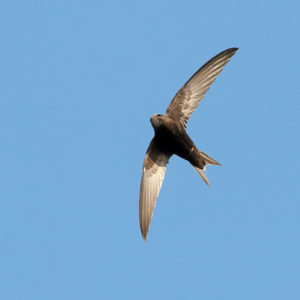
Swift
- Birds
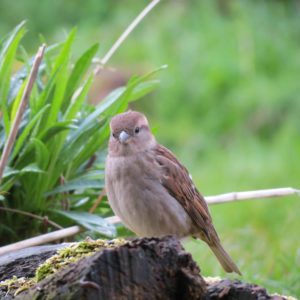
Tree Sparrow
- Birds
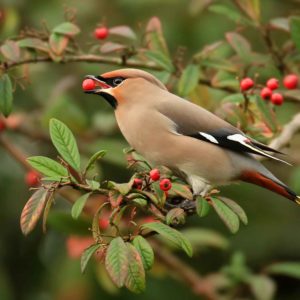
Waxwing
- Birds
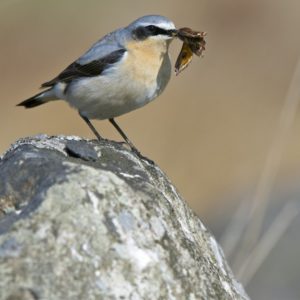
Wheatear
- Birds
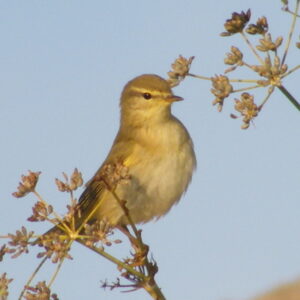
Willow Warbler
- Birds
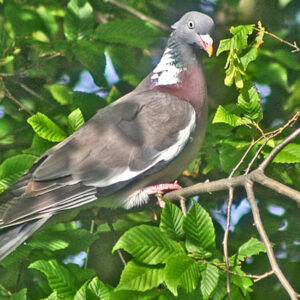
Wood Pigeon
- Birds
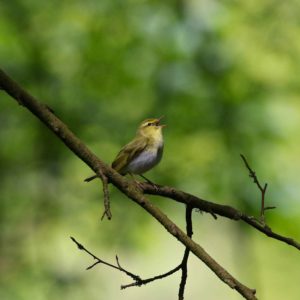
Wood Warbler
- Birds
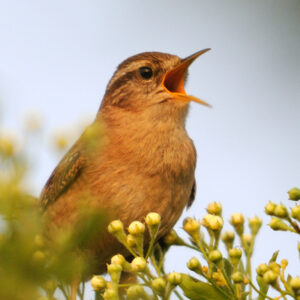
Wren
- Birds
